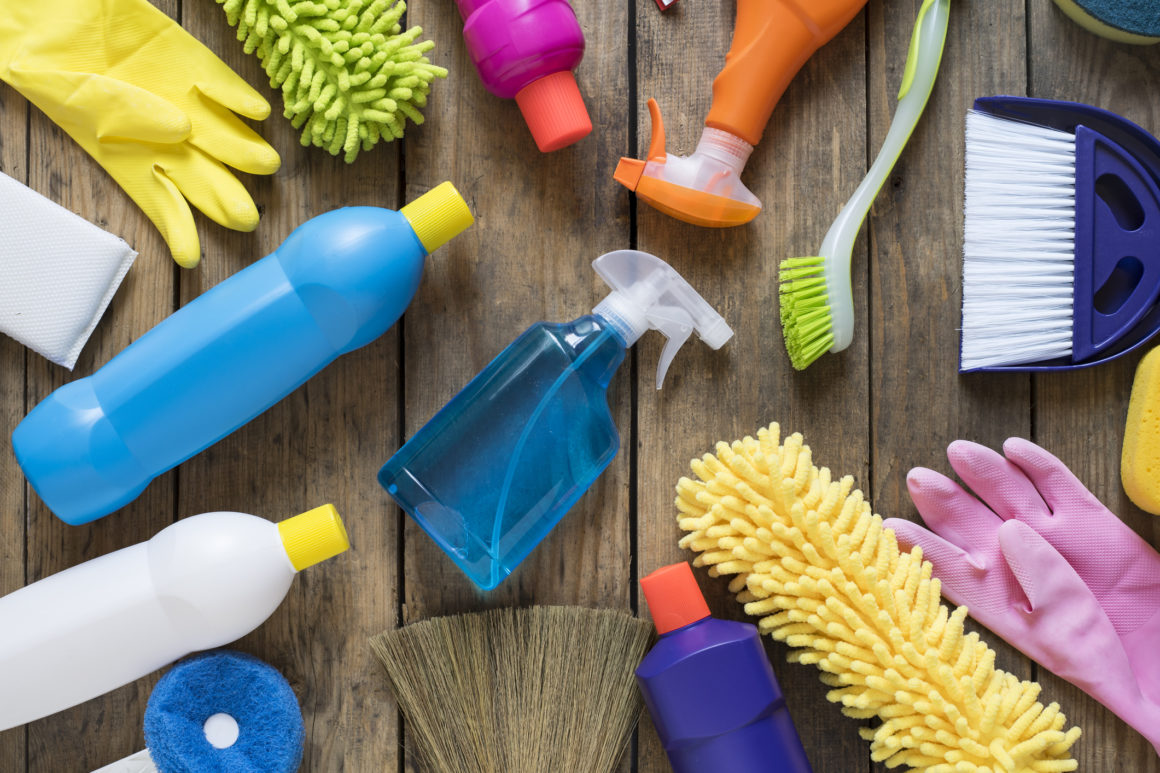Choosing how we clean our boats makes a difference to aquatic life, and may help our neighbors on the dock think about what they use, too.
While we often focus on the trash and marine debris that we see in the ocean and waterways where we do our boating, it’s easy to ignore the other kinds of pollution that find their way into our home waters. Indeed, it’s the waters where our boats spend the most time that are most at risk, right around the docks of our marina.
If there’s one thing that tracking marine trash has taught us, it’s that the wind and current keep the water moving, and it easily carries away everything that finds its way in, to be deposited who knows where. Consider gillnets, long lost or abandoned, that continue to ply the waters where the currents carry them, indiscriminately killing fish, and baited with the dead, attracting more prey as the ghost-fishing continues. Likewise a plastic bag or water bottle that blows overboard, or a mylar balloon filled with helium that breaks free from its tether. These all often end up in the ocean, polluting an ever-wider swath as they are seen by boater after boater.
But other threats to marine life and ocean health cannot always be seen—cleaning chemicals that get dumped into a bucket to scrub down the deck and then intentionally rinsed off the deck and into the bilgewater, where they’re pumped overboard. While the bubbles and foam soon subside, many of us think, what’s the harm? Especially when we encounter a particularly hard-to-beat stain on the deck.
One big problem we find is that many cleaners don’t really list the ingredients on the label like food products do, and, often when they do, they read like a chemistry textbook. Avoid the following ingredients when cleaning a boat, particularly where the runoff can go directly into the water. After all, water containing even the mildest of cleaners should go through a water treatment plant before returning to nature.
Ammonia: It smells so bad and strong, it must be working. And no one seems to follow the label recommendations for concentration anyway? If a little is effective, a lot must be even better, right? Just imagine swimming in it. If it bothers your eyes and sinuses just breathing the fumes imagine how it affects aquatic life immersed in it. Leave this stuff at home.
Replace it with: a solution of vinegar, salt, and water will produce similar results.
Antibacterials & Disinfectants: The deck needs to be clean, but hopefully you’re not attempting thoracic surgery on it anytime soon. These often contain bleach or other ingredients, such as triclosan. These chemicals are often employed at eye-watering strength, and should be nowhere near wild waters or the sealife that calls them home.
Replace it with: Borax or hydrodrogen peroxide will clean to a similar degree with much better environmental impact.
Phosphates: These are often an ingredient in household detergents and even dish soaps. Many users think they’re mild or harmless because they wash dishes and utensils in those products, but remember, that fork is pretty well rinsed before you put it in your mouth. Fish and other aquatic life don’t have that option.
Replace it with: A half-cup of white vinegar in a gallon of water will do the job.
Petroleum solvents: Obviously anything in this category should not be released into the wild, but of course, these often fall under the innocuous name of “surfactants,” which are a common cleaning ingredient because they do double duty. They latch onto water molecules at one end and onto lipids (like a greasy stain) at the other end, allowing the washing process to carry off the grease. Sometimes surfactants are used as germicides, insecticides, or fungicides, so they’re best not released into the wild as they can upset the balance of the ecosystem.
Replace it with: Baking soda and white vinegar, diluted with water.
Ethylene glycol: This is very common in everyday cleaners, as are other ingredients such as monobutyl and butyl glycol, and they should stay at home. These additives affect the physiology of living things and can damage the nervous systems as well as cause liver and kidney damage.
Replace it with: Lemon juice and borax, and mix with water to dilute.
Become an Ambassador for All Hands Alliance today or make a donation to help us get the word out.

